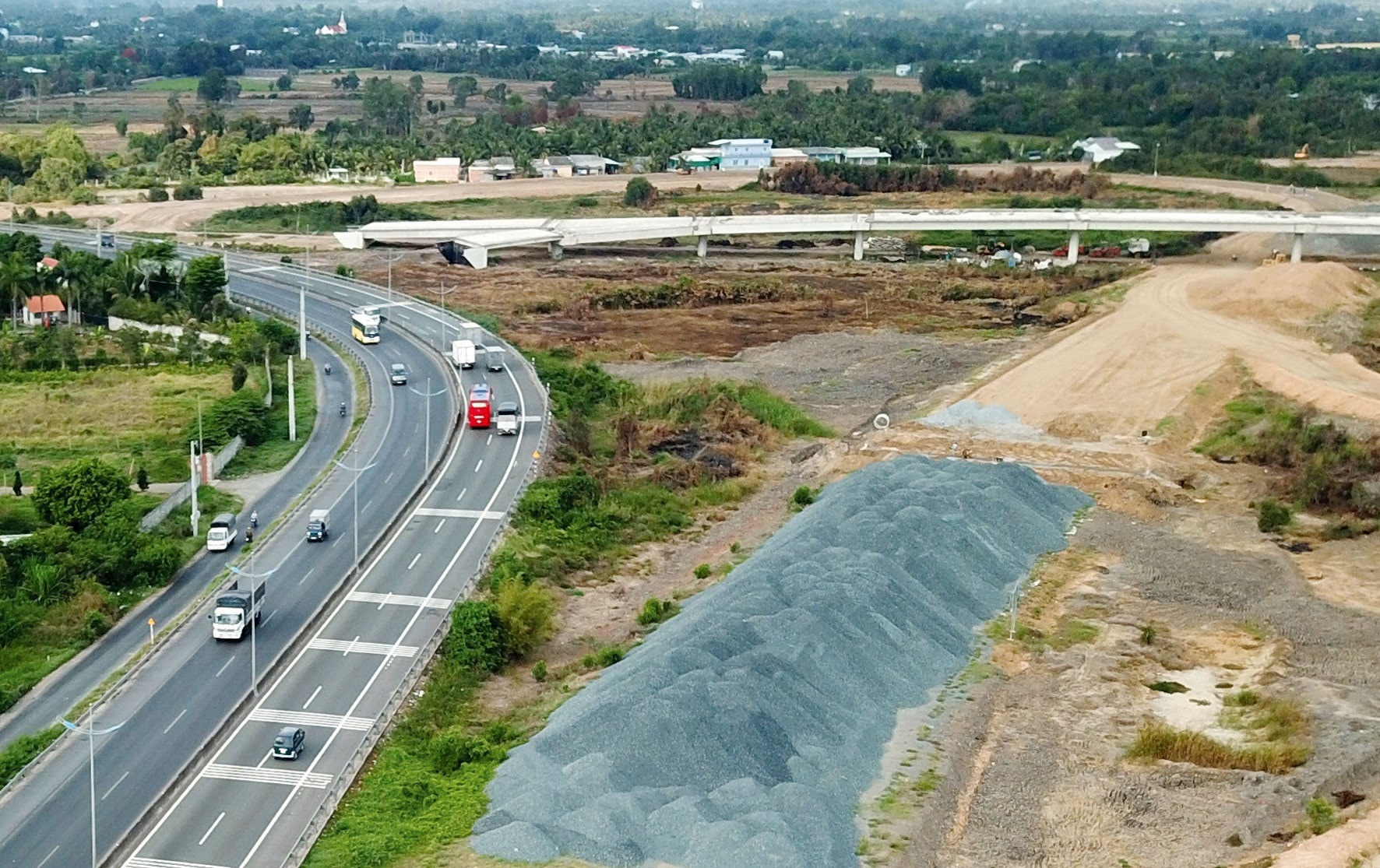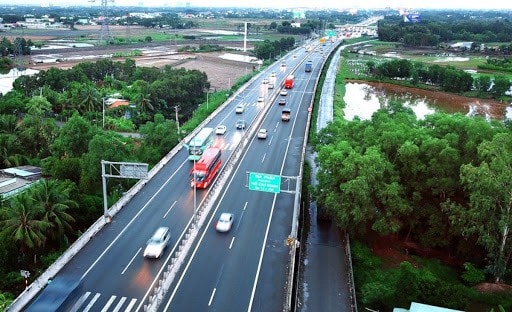(VLR) After a period of consultation, acquisition, and revision, recently at the 9th Session of the 14th National Assembly, the Law on Investment under the public-private partnership method (PPP Law) has been passed, ensuring specificity, of PPP investment, creating a more stable legal environment for PPP projects in the coming time.
The PPP Law just passed by the National Assembly on June 18, 2020
Cancel BT contract
Previously, in Decree 63/2018/ND-CP, the PPP investment method between state agencies and investors (investors), enterprises consisted of 7 types of project contracts. However, the PPP Law just passed by the National Assembly on June 18, 2020, has abolished the BT contract. Thus, the PPP Law only stipulates 6 types of contracts, including BOT (Build - Operate - Transfer), BTO (Build - Transfer - Operate), and BOO (Build - Own - Operate), BTL Contract (Build - Transfer - Lease), BLT Contract (Build – Lease - Transfer), O&M Contract (Operation & Management).
The explanation behind dropping the BT contract is on the ground that after some time, the BT project has left numerous outcomes, terrible general sentiment, in the circumstance of purchasing costly works and trading modest land and public assets, causing a loss for the state budget.
To solve the problem, the National Assembly also specifies the transition of project implementation applying BT contract type. Accordingly, from the viable date of the PPP Law, new projects that apply BT contracts will be halted; Projects applying BT contracts that have not been endorsed for investment policy will stop implementation from August 15th, 2020; Projects that have not given offering reports or solicitation for the proposition shall be suspended. If the invitation for offer or solicitation for the proposition has been given, the solicitation for offers, demand for recommendations will proceed, and as per guidelines of law at the hour of issuance of offering reports or solicitation for recommendations.
For projects with results of investor selection before the effective date of the PPP Law, the contracting agency is responsible for organizing the negotiation and signing of the contract based on the result of investor selection, the bid dossier, proposal documents, bidding documents, request for proposals and legal regulations at the time of issuance of bidding documents, request for proposals; The project that signed the contract before the viable date of this law will continue to implement the project, pay by the signed BT contract and legal provisions at the time contracting.
Only invest in important and essential areas
The PPP Law clearly defines 5 groups of investment sectors under PPP method, including Transport, power grid, power plants (aside from hydropower plants and the State monopoly cases by the Law. Electricity), irrigation, water supply, drainage and wastewater treatment, waste treatment, health care, education-training and information technology infrastructure. These are significant and basic zones that have been implemented in practice for the past 20 years.

The PPP Law clearly defines 5 groups of investment sectors
Regarding the minimum total investment scale of PPP projects for each sector is regulated: Not less than 200 billion VND for projects in the fields of transportation, power grids, irrigation, and water supply, clean, drainage and wastewater treatment, waste treatment and information technology infrastructure. If it is in an area with troublesome and extremely troublesome socio-economic conditions as indicated by the investment law, it must not be lower than VND 100 billion and not lower than VND 100 billion for projects in the medical sector, health, education - training.
Additionally, the PPP Law also details the eligibility of investors. Accordingly, not all investors can participate in PPP investment, but only investors who meet the following conditions: Having enrolled for establishment and operation by the competent authority of the country in which the investor is operating. Independent financial accounting, ensuring competition in the selection of investors, not in the process of dissolution, not in the case of bankruptcy as endorsed by law, not in the time prohibited from participating in investment activities under the PPP method. Enterprises of which 100% contract capital is held by the State must have a partnership with investors in the private sector to participate in the bid. Investors established under foreign laws must fulfil market access conditions when participating in bidding for projects in conditional market access industries under the investment law.
Regarding the revenue sharing and reduction mechanism, Article 84 of the PPP Law stipulates the plan for implementing the revenue increase and lessen sharing mechanism: When the actual revenue is 125% higher than the revenue in the financial plan. In the PPP project contract, the investor, the PPP project enterprise shares with the State 50% of the revenue increase between that actual revenue and the revenue at 125% of the revenue in PATC. The State shares with investors, PPP project enterprises 50% of the revenue reduction between the actual revenue and the committed revenue in the contract for a PPP project that satisfies certain conditions. This is considered a new mechanism, particularly significant in the process of implementing PPP projects.
Deputy Minister of Planning and Investment Vu Dai Thang said that the enactment of a separate law to ensure the specificity of PPP investment creates a more stable legal environment for businesses, avoiding the situation of “borrowing” regulations of other laws. Previously, elaborate guidelines for PPP activities were only at the decree level, subject to various laws such as the State Budget Law, Investment Law, Public Investment Law, Environmental Protection Law, Enterprise Law, Land Law, Construction Law, Public Debt Management Law ... The legal framework at the decree level will be unstable, ceaselessly adjusted, causing numerous inconveniences for both the State and enterprises when implementing PPP projects with largescale and long-term investment.